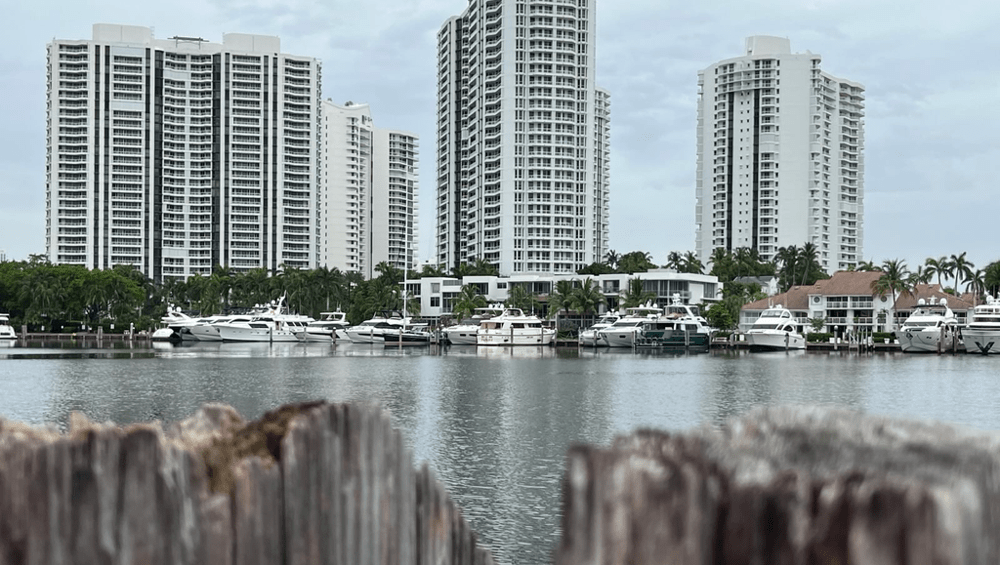Since the legalization of medical cannabis in Florida in 2016, the industry has become a significant contributor to the state’s economy. Through tax revenues and the operations of major Multi-State Operators (MSOs), medical cannabis has provided financial benefits that support various state programs and initiatives.
Taxation of Medical Cannabis in Florida
In Florida, medical cannabis is exempt from state sales tax, aligning with the state’s policy of not taxing prescription medications. However, medical cannabis businesses are subject to corporate income taxes and other business-related taxes, contributing to the state’s overall tax revenue. Local governments have the option to impose local sales taxes, which can be applied to all retail sales, including medical cannabis.
Economic Contributions
The medical cannabis industry has significantly augmented local economies through tax revenue. The Florida Department of Revenue reported that medical marijuana sales generated over $60 million in sales tax revenue in 2022, a 20% increase from the previous year. In Orlando, this surge in sales translated to approximately $5 million in local sales taxes, funds that are instrumental in supporting city services and development projects.
Additionally, the industry has contributed to job creation and economic growth. As of January 2024, Florida had 871,459 registered active medical cannabis patients, representing 4.9% of its over-18-year-old population. This growing patient base has led to the expansion of dispensaries and cultivation facilities, further boosting the state’s economy.
Contributions by Major MSOs
Several MSOs play pivotal roles in Florida’s medical cannabis market, contributing significantly to the state’s economy:
- Trulieve: Operating over 100 dispensaries in Florida, Trulieve is one of the largest medical marijuana companies in the state. The company has also been a major financial supporter of cannabis legalization efforts, donating nearly $40 million toward the Smart & Safe Florida adult-use legalization campaign.
- Curaleaf: With a substantial number of dispensaries across Florida, Curaleaf has expanded its footprint, contributing to the state’s tax revenue and economic development.
- Verano Holdings: Operating under the MÜV brand, Verano has a significant presence in Florida, with numerous dispensaries contributing to the state’s medical cannabis sales.
- Ayr Wellness: Ayr has been expanding its operations in Florida, increasing its number of dispensaries and contributing to the state’s medical cannabis market growth.
These MSOs not only provide medical cannabis products to patients but also contribute to the state’s economy through corporate taxes, job creation, and community engagement.
Future Outlook
The medical cannabis market in Florida is projected to continue its growth. The 2023 MJBiz Factbook projects Florida’s medical cannabis market will grow from $1.75 billion in 2023 to $2.4 billion by 2026. This expansion is expected to further enhance the state’s tax revenues and economic benefits.
Moreover, the potential legalization of adult-use cannabis could significantly increase tax revenues. According to a study by the Florida Financial Impact Estimating Conference, expected retail sales of non-medical marijuana would generate at least $195.6 million annually in state and local sales tax revenues once the retail market is fully operational.
The Financial Landscape
The medical cannabis industry in Florida has become a vital component of the state’s financial landscape. Through various forms of taxation and the substantial contributions of major MSOs, medical cannabis supports state and local programs, fosters economic growth, and holds the potential for even greater financial benefits with future legislative changes.

